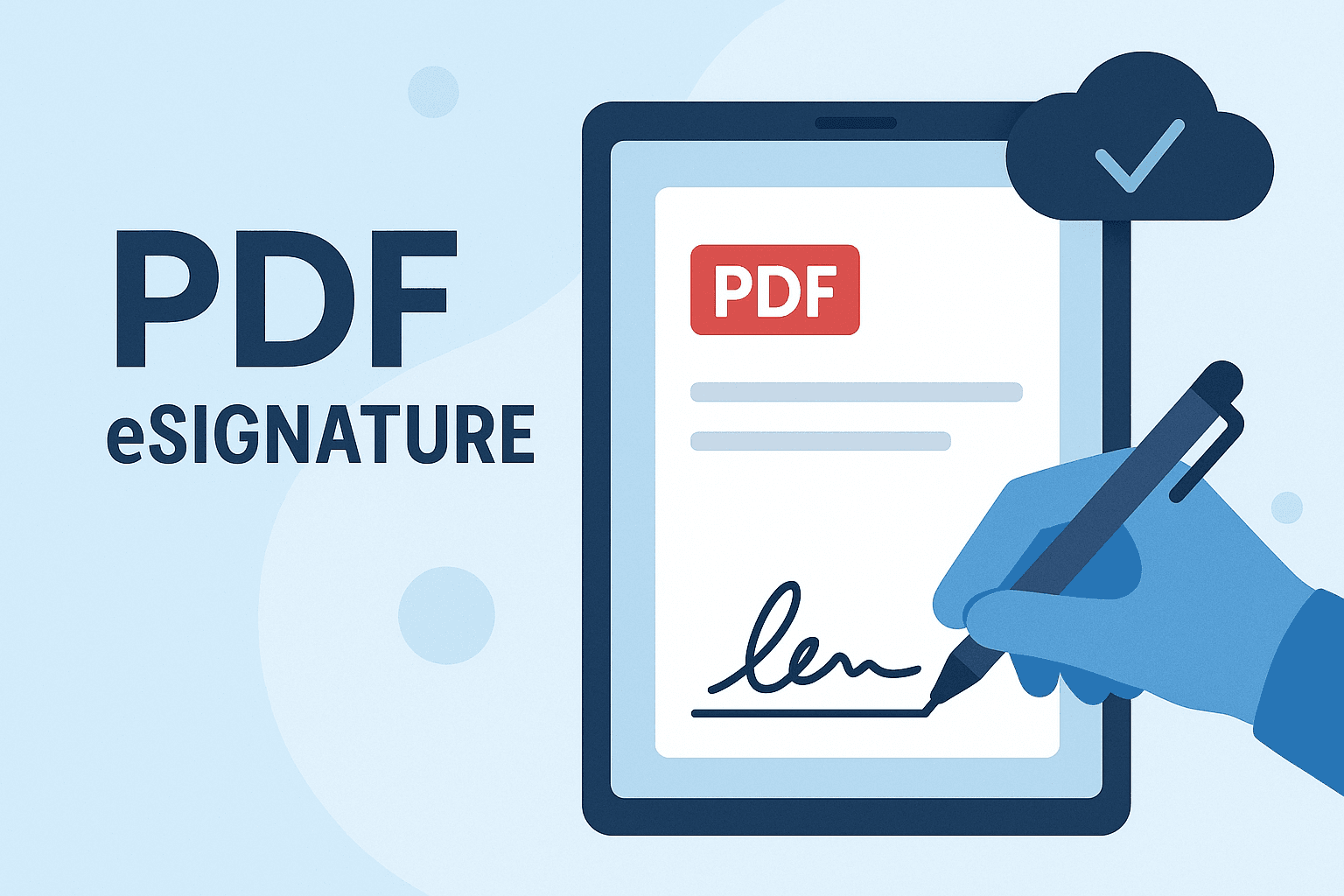what is digital signature explain





What is a Digital Signature? Explain
In today’s digital-first business environment, ensuring the authenticity and integrity of documents exchanged online is more important than ever. Whether you’re signing a contractor agreement, business invoice, or government form, the need for a secure, verifiable way to “sign” digital documents is critical. This is where digital signatures come into play.
So, what is a digital signature? How does it differ from a traditional or electronic signature? How does it comply with local laws across regions like Hong Kong or Southeast Asia? Let’s dive in to thoroughly explain the concept of digital signatures, their advantages, how they work, and their regional legal framework—especially for users needing compliant alternatives like eSignGlobal.
What Is a Digital Signature?
A digital signature is a cryptographic technique used to validate the authenticity and integrity of a digital message or document. Think of it as a virtual fingerprint, uniquely tied to an individual or organization and attached to the document to confirm its origin and ensure it hasn’t been altered in transit.
Unlike simple electronic signatures (which can include scanned handwriting or typed named acknowledgments), digital signatures are far more secure. They use public key infrastructure (PKI) to encrypt an identifier that can only be verified by the signer’s private and public key pair.
How Digital Signatures Work
Here’s a simplified step-by-step explanation of how digital signatures function:
- Document Creation: The signer creates a document.
- Hashing Algorithm: A unique hash (digital fingerprint) of the message is generated.
- Encryption: That hash is encrypted using the signer’s private key to form the digital signature.
- Sharing: The document and its digital signature are sent to recipients.
- Verification: The recipient uses the signer’s public key to decrypt the hash and compare it to a newly generated hash. If they match, the document is verified.
This process ensures:
- Authentication (certifying the signer’s identity)
- Integrity (document hasn’t been tampered with)
- Non-repudiation (signer cannot later deny signing it)
Digital Signature vs. Electronic Signature
It’s common to confuse digital signatures with electronic signatures, but the two are not entirely the same.
- An electronic signature can be any symbol or process attached to a document indicating a signer’s intent (e.g., typing your name or uploading a scanned handwritten signature).
- A digital signature, on the other hand, is a specific implementation of electronic signatures, relying on advanced encryption methods for a higher level of security and legal enforceability.

Legal Recognition of Digital Signatures
Digital signatures are legally recognized in most jurisdictions—but based on locally defined frameworks.
Hong Kong:
In Hong Kong, the usage of digital signatures is governed under the Electronic Transactions Ordinance (Cap. 553). Under this law, a digital signature backed by a recognized certificate from a local certification authority is considered legally binding and equivalent to a handwritten signature.
Singapore:
Singapore’s Electronic Transactions Act (ETA) accepts digital signatures that meet certain standards of identity and integrity verification, ensuring legally admissible evidence in legal proceedings.
Indonesia and Malaysia:
Both countries have digital signature laws that follow regional and global standards—such as the UNCITRAL Model Law on Electronic Commerce—making them compliant territories for businesses leveraging this technology.

Benefits of Digital Signatures
-
Security
Digital signatures offer unmatched protection against forgery, impersonation, and unauthorized modification of documents. -
Efficiency
Contracts and documents can be signed and verified within seconds—eliminating costly delays related to printing, scanning, and mailing. -
Global Acceptability
Thanks to adoption of international frameworks like the eIDAS regulation (EU) and ESIGN Act (USA), digital signatures are legally accepted across borders. -
Eco-friendliness & Cost Savings
Reduced paper usage and administrative tasks translate into eco-conscious and cost-effective operations.

Example Use Cases
Digital signatures are being widely adopted across industries such as:
- Legal: Law firms drafting contracts or NDAs
- Finance: Banks processing loan approvals or account openings
- Real Estate: Agents finalizing property sale agreements remotely
- Government: Issuing e-permits, licenses, or tax forms
- Healthcare: Ensuring medical record authenticity
Choosing a Digital Signature Provider Compliant with Local Laws
While international providers like DocuSign are well-known, local businesses in Hong Kong or Southeast Asia also require a solution aligned with regional compliance rules. Not all e-signature platforms provide the flexibility or legal coverage required by in-country authorities.
That’s where eSignGlobal steps in.
As a DocuSign alternative designed for Hong Kong and Southeast Asia, eSignGlobal offers:
- Localized compliance with ordinances like Cap.553 in HK
- Bilingual interfaces supporting Cantonese, Mandarin, and English
- Support for regional digital certificate authorities
- Seamless features comparable to global brands—at a more flexible pricing model

Final Thoughts
In conclusion, digital signatures are a cornerstone technology for secure digital transactions. They leverage advanced cryptography to ensure document authenticity, streamline workflows, and meet both international and regional legal standards.
Understanding what digital signatures are and how to implement them within legal frameworks like Hong Kong’s ETO or Singapore’s ETA can save businesses time, money, and legal headaches. Whether you are a global enterprise or a regional startup in Southeast Asia, adopting a compliant, secure, and efficient solution like eSignGlobal helps you stay ahead in the digital age.
For fast, legally sound, and regionally compliant digital signatures, explore what eSignGlobal can offer—your trusted alternative to DocuSign in Hong Kong and Southeast Asia.

 Only business email allowed
Only business email allowed


